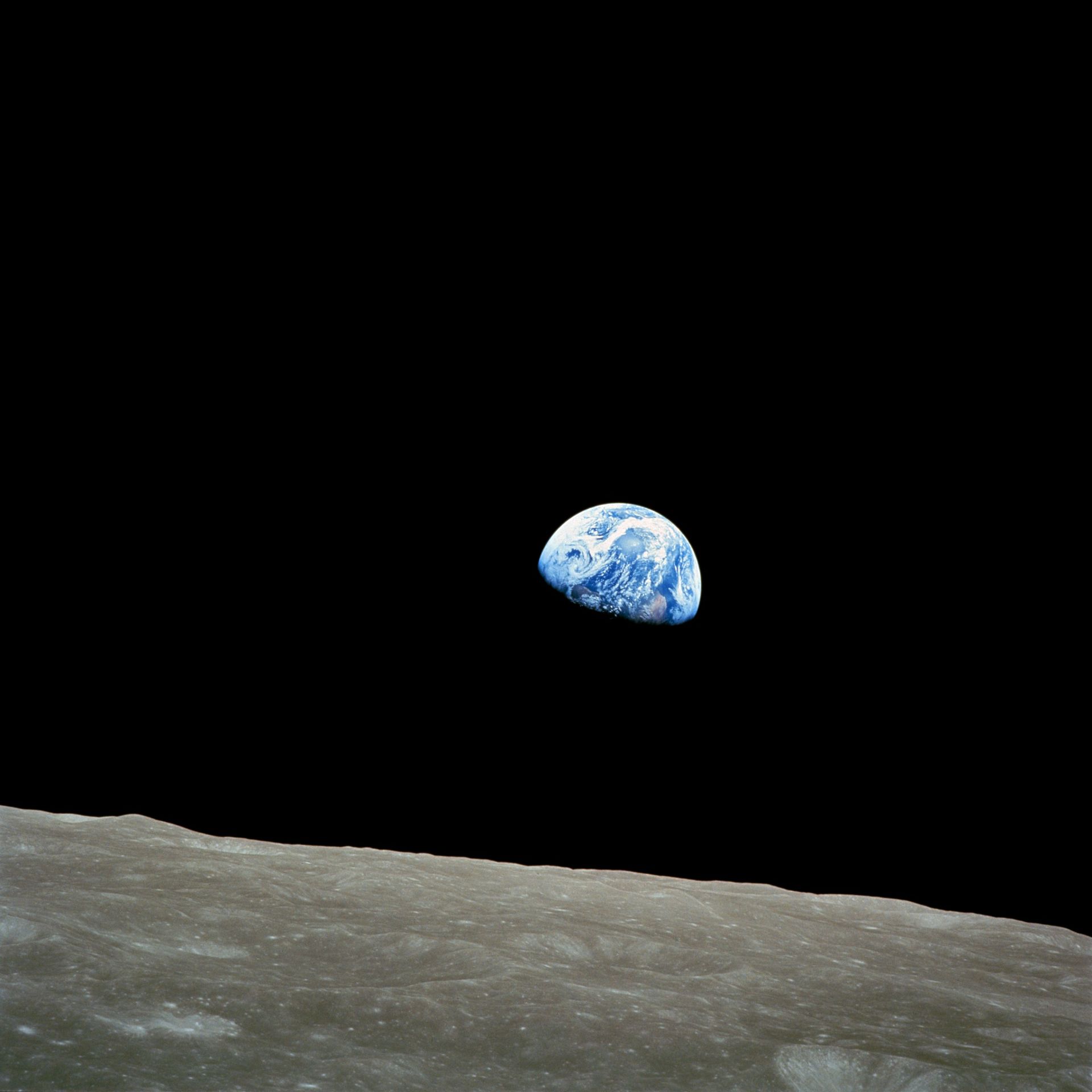The 20th anniversary of Apollo 11 occurred when I was age seven; only three years after the Challenger Disaster. I didn't grasp the significance, only recently starting to read full non-fiction books and National Geographic magazines.
Sometime shortly after the anniversary, I got my hands on a National Geographic about the mission, which included an audio record recording of the mission. I used my grandmother's record player to listen to that mission, it was fascinating, man on the moon, technological achievement, anything was possible.
I was mesmerized, reading every book I could get at the school library about the moon landing.
It was Apollo 11 that gained all the attention, it was Apollo 11 which was subject of all the books in the school library. I was memorized by the moon landings, the fall of communism at the end of the 80s only adding to the optimism that humanity would settle on the Moon (2020 Moon colonies seemed inevitable).
Yes, Space Shuttle Challenge broke apart during launch in 1986, but that had been overcome (to the mind of a child), and space travel was routine again. [I wasn't yet enrolled in school when the Challenge Disaster occurred, thus didn't experience it]
It wasn't until the release of Apollo 13 in 1995 that I read about that fateful mission. I quickly came to see Apollo 13 as the most interesting of the moon missions, the return of the astronauts as the greatest achievement of the Apollo program.
It wasn't until my undergraduate studies at university, in 2005, that I read about Apollo 8, the mission that saved 1968. One of the graduate students who had a study cubicle in the same room as I did [I was granted some graduate privileges as part of my undergraduate admission] was very interested in 1968, arguing it was the most important year politically post World War II. I'm in full agreement.
He suggested books, I read them, learning of Apollo 8, the mission that saved 1968. The linked Smithsonian article provides a great encapsulation of the extreme challenges and risks of the mission. Estimates that the astronauts only had a 50/50 chance of survival, the first launch of the Saturn V rocket for lunar trajectory, the first time humans travel outside the protection of Earth's magnetic field, inserted into orbit around the moon, and had to conduct some of the most complex portions of their mission on the far side of the moon - cut off from communications.
The image of earth-rise, iconic. The first time I listened to the audio of their Christmas Eve broadcast, I was captivated. I can only imagine how emotional this moment would've been to someone at the time, at the end of 1968.
Apollo 11 is best known, the milestone of man on the moon. Yet, it is Apollo 8 which is arguably the greatest of the Apollo missions. Once humans orbited the moon, humans left the influence of Earth's gravity, and safely returned, space was navigated for the landing.
Hopefully, in my lifetime, humans will go to Mars, and I may feel the same collective emotion of space travel milestones that people 50 years ago did.
